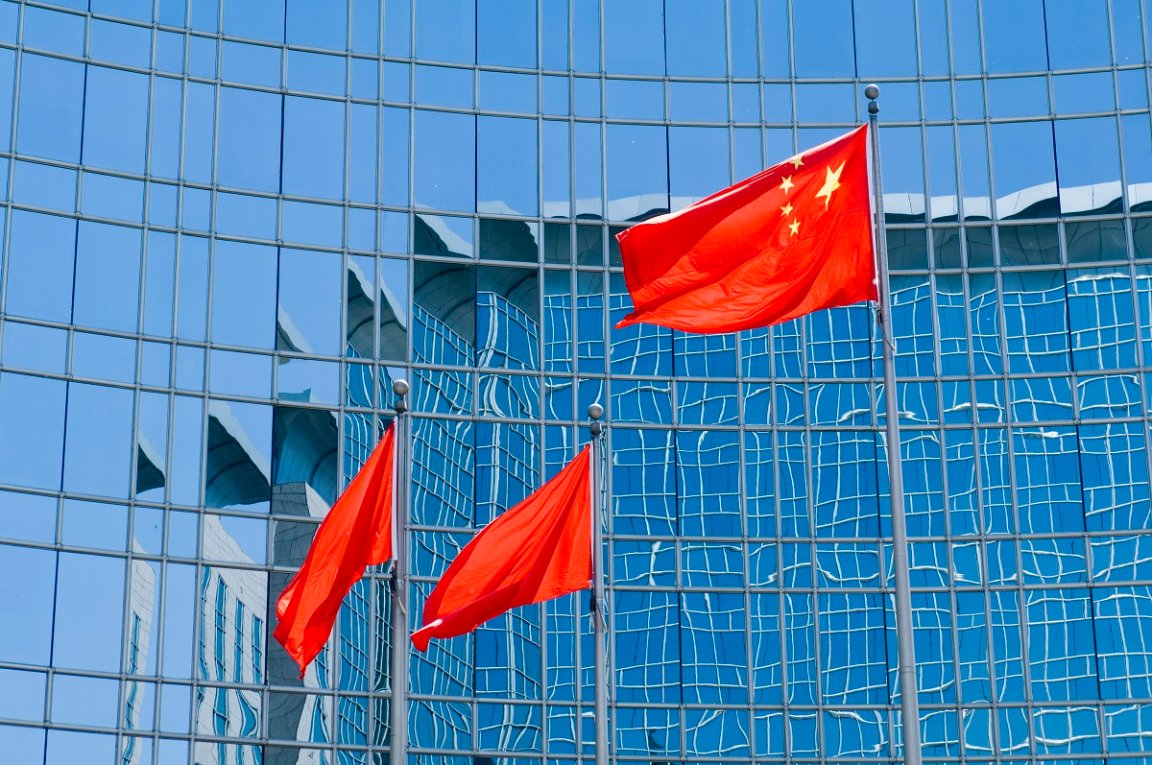
Impossible Bar
With or without guardrails in place, AI-powered chatbots — like OpenAI’s ChatGPT or Google’s Bard — are notoriously unpredictable. Even so, the New York Times is reporting that any chatbots operating within China’s digital borders must comply with the ruling Communist Party’s censorship laws.
Of course, with that unpredictability in mind, the jury’s still out on whether or not the makers of chatbots will be able to comply with that mandate. But as Kendra Schaefer, head of tech policy at the Beijing-based consulting firm Trivium China, explained to the NYT, the notably censorship-happy Chinese government tends to take a “move fast and break things” approach to tech regulation.
“Because you don’t have a two-party system where both sides argue,” China’s leadership “can just say, ‘OK, we know we need to do this, and we’ll revise it later,'” Schaefer told the newspaper.
ChatYuan
Importantly, neither ChatGPT nor Bard are actually available in China.
But innovators in China are already experimenting with their own versions of the viral tech — one of which, dubbed ChatYuan, was already removed from China’s version of the app store for its failure to comply with censorship law. After being released back in February, ChatYuan, per the NYT, quickly started churning out a “bleak diagnosis of the Chinese economy” and referred to the Russian invasion of Ukraine as a “war of aggression.”
The Chinese government — which recently saw widespread citizen protests widely credited as a response to COVID restriction-amplified economic woes and counts itself as one of Russia’s most prominent allies — didn’t take kindly to either of these AI-spouted claims, and the app has reportedly been shut down for “troubleshooting” for weeks now. (Per the NYT, the bot’s creator has been working on a more “patriotic” version of the tech.)
Tough Decisions
As the NYT notes, China’s AI censorship crackdown comes at what might prove to be an inopportune time for the nation. These new regulations may well stifle development — which in turn may set China back in what many consider to be an international AI arms race.
Ultimately, the regime may have to decide what’s more important: internal control of information, or an external foothold in this global race.
As Matt Sheehan, an expert on Chinese AI and a fellow at the Carnegie Endowment for International Peace, put it to the NYT: “Generative artificial intelligence put into tension two of the top goals of the party: the control of information and leadership in artificial intelligence.”
More on AI: Google DeepMind CEO Says AI May Become Self-Aware